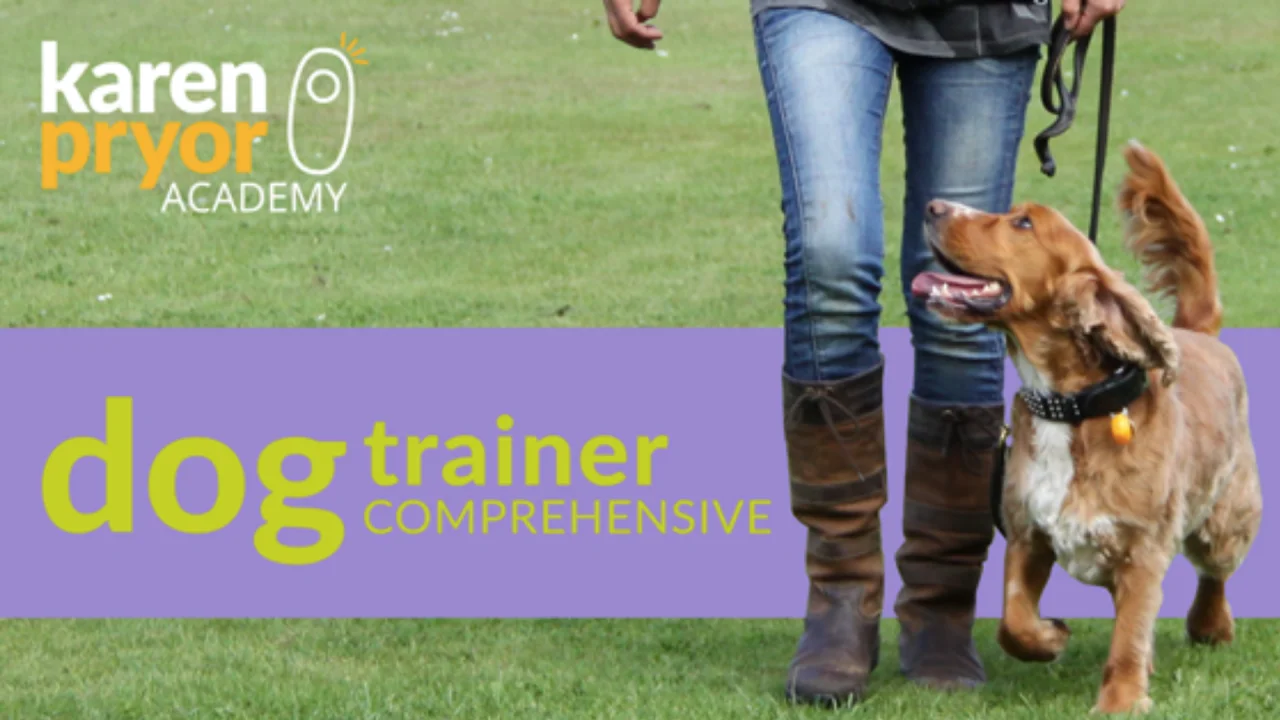Why Dog Training Near Me is Important for Your Canine Buddy
Wiki Article
Unlock Your Dog's Prospective: Proven Dog Training Approaches for Success
Efficient pet training is a nuanced process that pivots on comprehending canine habits and employing medically backed techniques. By incorporating favorable reinforcement, developing clear commands, and prioritizing socialization, pet proprietors can grow an efficient partnership with their pet dogs.Recognizing Dog Behavior
Recognizing pet behavior is vital for reliable training and fostering a favorable partnership in between canines and their proprietors. A comprehensive understanding of canine body movement, articulations, and social communications is vital for recognizing their emotions and demands. Pet dogs communicate mostly through non-verbal hints; for instance, a wagging tail may indicate enjoyment, while pinned ears can signal fear or entry.
Additionally, ecological variables play a significant duty in shaping a pet's habits. Adjustments in regular, brand-new environments, or the existence of unknown individuals can lead to stress or anxiousness in pet dogs. Acknowledging these triggers enables owners to mitigate damaging responses and establish appropriate training strategies.
Inevitably, a deep understanding of pet dog behavior lays the foundation for effective training techniques, improving both behavior and the total bond in between the canine and its proprietor. dog training charlotte. This understanding is indispensable for cultivating a well-adjusted, pleased canine buddy
Favorable Reinforcement Strategies
Effective training relies heavily on favorable reinforcement methods, which have been revealed to produce significant lead to forming wanted behaviors in dogs. This technique includes rewarding a dog for exhibiting specific habits, thereby enhancing the likelihood that these habits will be duplicated. Rewards can take numerous forms, consisting of deals with, praise, playthings, or play, depending upon what motivates the private dog.
It is essential to progressively eliminate incentives as the pet dog learns the actions, transitioning to periodic reinforcement. This approach maintains the actions gradually while avoiding dependency on continuous rewards. By concentrating on positive support, trainers can grow a trusting relationship with their pets, promoting a cooperative and healthy training atmosphere that enhances total obedience and performance.
Establishing Constant Commands
An essential element of effective pet training is the facility of regular commands. Consistency in commands is critical for effective interaction between the instructor and the canine. When commands are uniform, dogs discover to link details words hop over to here with desired habits, which speeds up the training procedure and boosts understanding.To develop consistent commands, it is important that all relative use the same terminology and gestures. If one individual uses "sit" while another claims "rest down," it can create complication for the dog. Select clear, unique words for commands and make sure everyone entailed in the canine's training abides by these selections.
Strengthen commands via constant method, making certain that the canine gets adequate chances to react correctly. When a canine efficiently adheres to a command, instant positive support needs to comply with.
Last but not least, be individual. Establishing constant commands requires time and effort. With see page devotion and quality, you will certainly help your pet establish a strong understanding of expectations, eventually resulting in a mannerly buddy.
Socialization and Exposure
Mingling a pet dog is vital for cultivating a certain and well-adjusted companion. This process involves exposing your dog to a range of settings, individuals, and other animals to establish their social abilities and adaptability. Early socialization, preferably in between the ages of 3 to fourteen weeks, is vital, as it prepares for a pet dog's future habits.
Throughout socializing, purpose to give favorable experiences in various setups, such as parks, active streets, and homes with other pets. Present your pet to numerous stimulations, including sounds, sights, and smells, making sure that each experience is satisfying. This direct exposure assists reduce fear and anxiety, leading the way for a more durable pet.
Engaging in controlled team play sessions with various other dogs can also enhance social skills, teaching your pet appropriate interactions and borders. Prioritizing socialization will dramatically add to your pet dog's general joy and habits throughout their life.
Overcoming Common Training Difficulties

Pets may struggle to focus in unknown or busy setups. Gradually desensitize your pet dog to diversions by starting training in a quiet environment and slowly presenting even more stimuli as they end up being efficient.
In addition, behavior concerns like leaping or too much barking can come to be irritating. Address these by showing alternative habits, such as resting calmly when greeting visitors. Consistency and patience are critical; enhance preferred behaviors continually and prevent scolding, which can result in confusion.
Finally, identify that each pet is unique, and training timelines may vary. Tailor your method to your pet dog's private requirements, and look for professional assistance if required. With determination and the appropriate methods, getting over these challenges can cause a well-trained, happy canine friend.
Final Thought
In final thought, unlocking a click this link pet's prospective necessitates a comprehensive approach that incorporates an understanding of canine behavior, the application of positive reinforcement techniques, and the establishment of consistent commands. Early socialization and direct exposure to diverse atmospheres even more boost a pet dog's adaptability and self-confidence. By dealing with usual training difficulties with customized methods and patience, a unified and cooperative partnership in between dog and trainer can be fostered, eventually resulting in a well-behaved friend efficient in growing in different scenarios.Effective pet dog training is a nuanced process that pivots on recognizing canine habits and using clinically backed approaches.Understanding pet dog actions is vital for reliable training and fostering a favorable partnership between canines and their owners.Efficient training counts heavily on positive reinforcement strategies, which have actually been shown to produce considerable outcomes in forming desired habits in pet dogs. When commands are uniform, canines find out to connect details words with wanted behaviors, which accelerates the training process and improves understanding.
In conclusion, opening a dog's possible demands a comprehensive method that incorporates an understanding of canine behavior, the application of positive reinforcement methods, and the facility of constant commands.
Report this wiki page